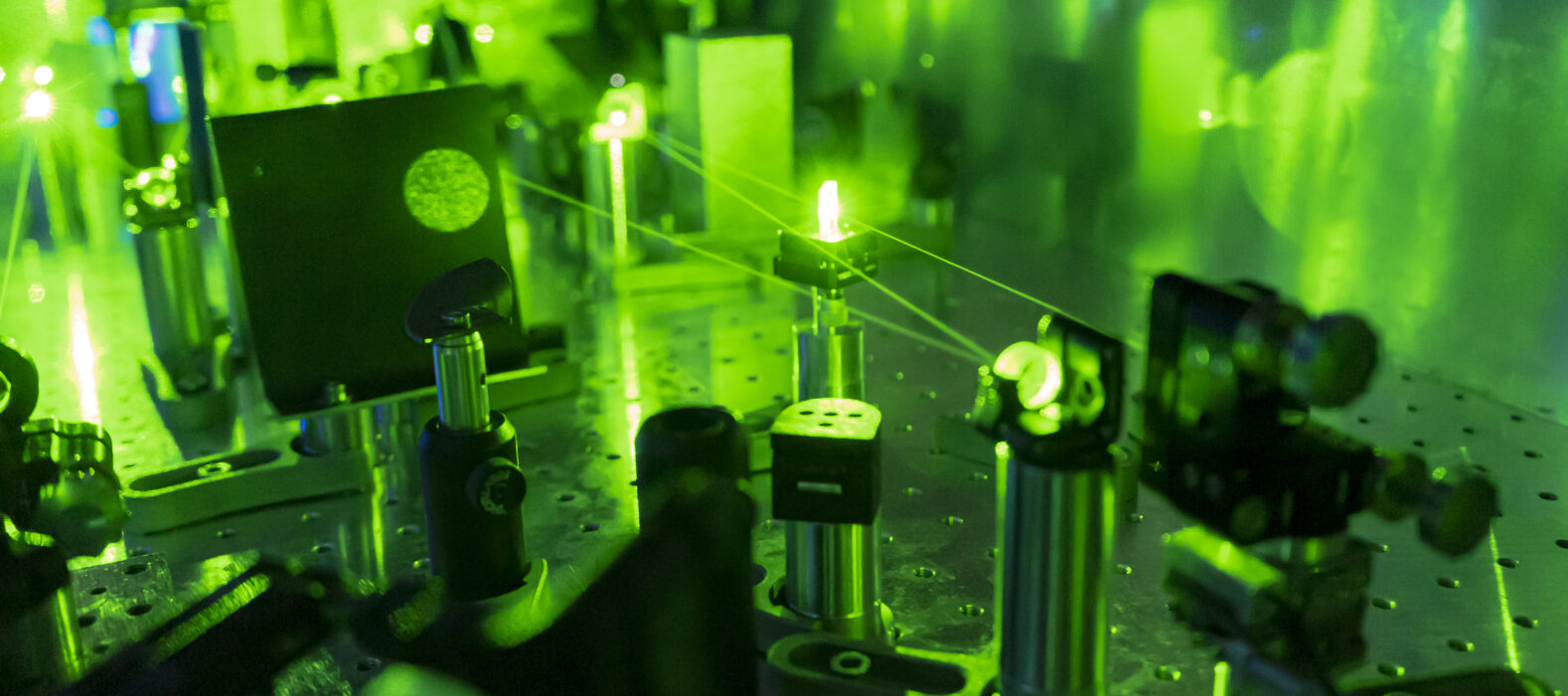
PhoenixD


Photonics, Optics, and Engineering – Innovation Across Disciplines
As a vision, highly integrated monolithic optical systems will significantly contribute to solve social challenges. Today, precision optics manufacturing is still a highly complex multi-step process often requiring extensive manual labor and operational effort. The high costs involved prevent their potentially much broader dissemination to fields such as medicine and the pharmaceutical industry, production technology, environmental monitoring, or working and living environments.
Over the last decade, production technology has evolved substantially, as characterized by the keywords ‘Industry 4.0’ and ‘Additive Manufacturing’. This allows for the manufacturing of individualized products at the same cost as mass production. At the same time, simulation techniques for optics and beyond have benefited from major progress in computational science and machine learning. It is now time to combine both of these and raise simulation and modern production technology to an optics precision level. PhoenixD is ready for a disruptive change in optical systems design and manufacturing. It is all about removing walls and bridging existing technological gaps to open a route towards a new era in optics and photonics. PhoenixD will answer the following scientific question: How should future functional optical systems be designed and produced with optical precision, the required flexibility, resource and cost-efficiency, integration density, or high volume?PhoenixD relies on a combined effort of Mechanical Engineering, Physics, Electrical Engineering, Computer Science, and Chemistry. It concentrates cutting-edge optics, production technology, material, modeling, and simulation competences in one place.
In the 2015 DFG Funding Atlas, Hannover was ranked number one in physics/optics and number two in production engineering. The principal investigators have already proven their will and ability to cooperate in numerous joint high-level research projects.PhoenixD involves teaching and knowledge transfer based on a networked university concept. The Cluster will be the nucleus for the establishment of an independent Faculty for Optics & Photonics at Leibniz Universität, and eight additional professorships will be permanently allocated to this new department, in a new dedicated building. The Cluster will thus evolve into an internationally unique center of competence for high-level academic research, excellent teaching and new spin-off companies, which will fertilize and broadly impact on industry, society, and academia.
Involved Institutions:
- Laser Zentrum Hannover e.V. (LZH)
- Max-Planck-Institut für Gravitationsphysik (Albert-Einstein-Institut)
- Physikalisch-Technische Bundesanstalt (PTB)
- Technische Universität Braunschweig
Podcast on the Cluster of Excellence
Click on the button to load the content from Podigee.

